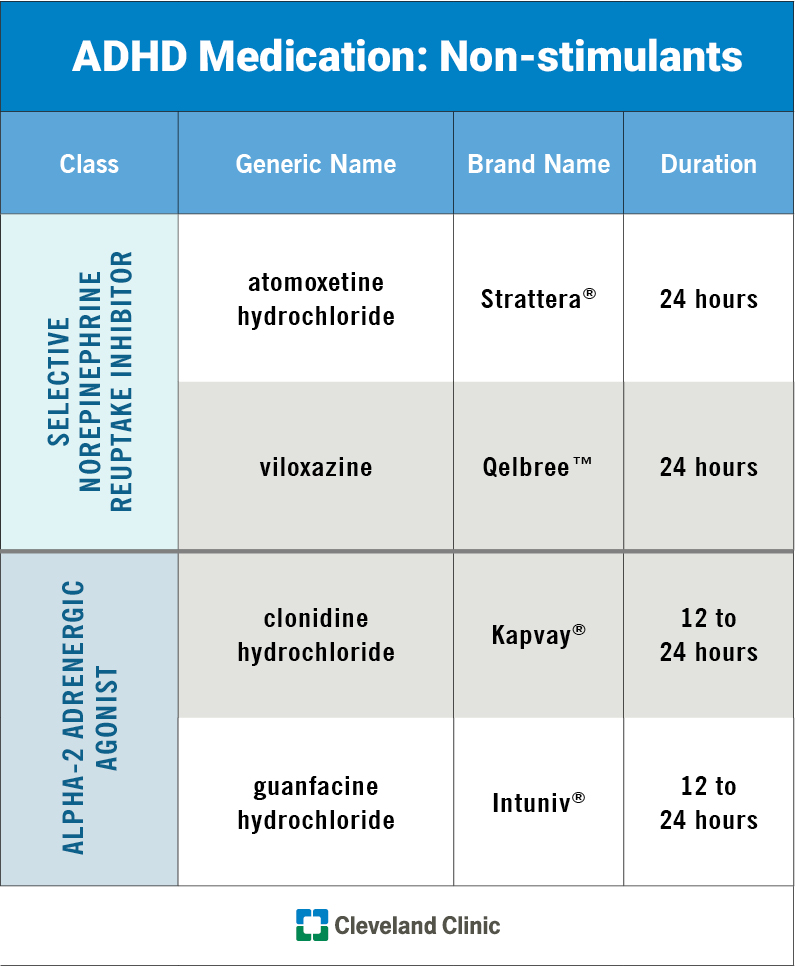Your Overview to Finding the Right ADHD Treatment for Lasting Outcomes
Navigating the intricacies of ADHD treatment requires a nuanced understanding of both the disorder and the myriad choices available for reliable administration. It is important to recognize that what help one person might not always yield the same results for another. Thus, a customized approach-- including expert guidance, medication, behavior methods, and way of living adjustments-- becomes vital. However, the journey toward identifying the most ideal treatment plan can be filled with difficulties. What are the essential variables that affect successful results, and exactly how can people guarantee they are on the right path?
Understanding ADHD and Its Effect

In grownups, ADHD can result in difficulties in work environment environments, influencing performance, time management, and social partnerships. Often, undiagnosed or poorly took care of ADHD can contribute to co-occurring mental health concerns, such as anxiousness and depression, more complicating a person's total health.
The societal perception of ADHD can differ, bring about preconception and misunderstanding, which may hinder individuals from looking for help. As awareness grows, it is essential to promote an atmosphere that advertises understanding and assistance for those affected by ADHD, stressing the demand for exact medical diagnosis and tailored techniques to reduce its effect on daily life.
Overview of Treatment Alternatives
A thorough method to treating ADHD encompasses a selection of choices customized to the person's special requirements. These choices can broadly be classified into behavioral interventions, psychoeducation, and way of living adjustments, alongside pharmacological therapies that might be explored later on.
Behavioral treatments, such as cognitive-behavioral therapy (CBT), concentrate on modifying specific actions and creating coping approaches to take care of signs properly. Psychoeducation plays an important duty in equipping both people and their families by giving info concerning ADHD, its obstacles, and effective methods for support.
Lifestyle adjustments can significantly influence ADHD administration. Routine physical task, a balanced diet, and adequate sleep add to overall health and signs and symptom control. Mindfulness techniques and leisure strategies can likewise improve focus and lower impulsivity.
Support teams and family therapy can promote a feeling of area and understanding, aiding individuals feel less separated in their experiences. Each therapy alternative must be considered in conjunction with the individual's preferences and conditions, guaranteeing an alternative technique that promotes long-lasting success. Eventually, the objective is to develop a personalized therapy strategy that resolves the details obstacles related to ADHD while improving overall lifestyle.
Medicine: Pros and Cons
Drug plays an essential role in Resources the treatment of ADHD, with countless choices available that can dramatically relieve signs great site and symptoms for lots of individuals. Stimulants, such as methylphenidate and amphetamines, are generally suggested and have actually revealed performance in improving focus, minimizing impulsivity, and enhancing general habits. These medications work by boosting dopamine and norepinephrine degrees in the mind, which are often dysregulated in those with ADHD.
However, using medicine is not without its obstacles. Some individuals might experience negative effects, including insomnia, lowered appetite, or enhanced anxiety. Moreover, finding the right dose can be a trial-and-error procedure, requiring close monitoring by medical care experts. Furthermore, not all individuals react to stimulant medications, leading some to discover non-stimulant choices, which may have a delayed start of activity or different adverse effects.
It is essential for individuals and their families to consider these advantages and disadvantages thoroughly. Balancing the benefits of symptom monitoring against possible adverse effects is critical for attaining ideal treatment end results. Partnership with doctor can promote educated decisions, ensuring that medication is component of a detailed ADHD monitoring strategy.
Behavioral Treatment Strategies

One frequently used approach is Cognitive Behavior Therapy (CBT), which aids individuals identify and transform negative thought patterns look at this now that add to ADHD-related difficulties. Therapist for ADHD. Through CBT, customers learn to set realistic goals, manage time successfully, and establish business systems
One more efficient strategy is Parent Monitoring Training (PMT), which educates parents on how to reinforce positive behaviors and minimize negative ones through consistent discipline and interaction approaches. This technique promotes a supportive home atmosphere that encourages behavioral improvements.
Social abilities training is also essential, assisting individuals with ADHD browse social interactions more properly. Role-playing and modeling suitable habits can enhance social competence and minimize anxiousness in social circumstances.
Way Of Living Modifications for Better Monitoring
Exactly how can way of life changes considerably boost the monitoring of ADHD symptoms? Implementing calculated way of life alterations can lead to considerable renovations in emphasis, organization, and psychological regulation for individuals with ADHD.
First of all, developing a structured daily routine assists in producing predictability, which can reduce feelings of overwhelm. Regular schedules for meals, research study, and rest can improve daily functioning.
Incorporating regular physical activity is additionally critical, as exercise has actually been shown to improve dopamine degrees, enhancing focus and inspiration (Therapist for ADHD). Aiming for at the very least thirty minutes of modest workout most days can be valuable
Nutrition plays a critical function. A balanced diet rich in omega-3 fatty acids, entire grains, and protein can support cognitive feature. Limiting refined sugars and high levels of caffeine might minimize symptoms, as these can cause power crashes and irritability.
Conclusion
In final thought, locating the right ADHD treatment requires a diverse strategy that thinks about specific needs and choices. Cooperation with medical care experts and open communication with support networks are important parts in navigating the intricacies of ADHD monitoring, ultimately leading to lasting results and improved quality of life.